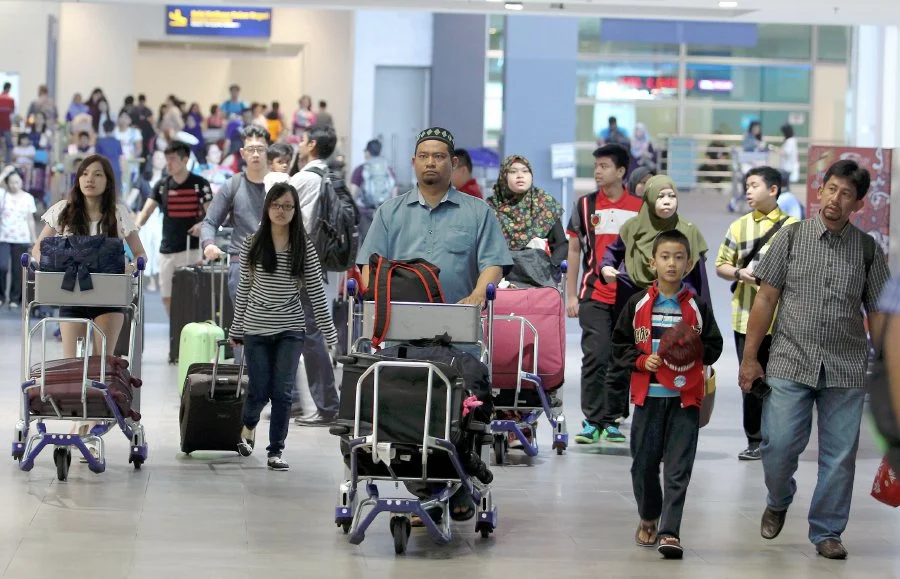RESTORING the confidence of travellers should be the key agenda to reboot Malaysia’s tourism industry which has plummeted to a near rock bottom in recent times.
Prior to the COVID-19 pandemic, the country has set an ambitious target of attracting 30 million visitors in 2020 (2019: 26.1 million) with close to RM100 bil in tourism receipts through the Visit Malaysia 2020 tourism campaign.
But that remained a far-fetched dream with the health crisis wreaking havoc in most part of 2020 (and even till today).
By end-2020, tourist arrivals plunged by 83.4% on an annual basis to 4.33 million from the previous year; tourist expenditure dived to RM12.7 bil or 85.3% on an annual basis while per capita expenditure dropped by 11.2% to RM2,931.20.
Although the deployment and effectiveness of vaccines is often cited as a yardstick to success, it may be timely to establish a tourism data bank that will house comprehensive information related to tourism and its related businesses at the industry, local council, state and national levels.
“The information must be coordinated and centralised at the national level and shared across all levels, including the market players,” opined AmBank Research chief economist/head Dr Anthony Dass in a thematic report entitled Time is Ripe for A Tourism Data Bank.
“Having a centralised and well-coordinated tourism data bank will help spread more economic benefits created by this industry to the overall economy, directly and indirectly.”
It will assist both policymakers and businesses to find ways and means to address ongoing issues triggered by this pandemic.
This includes preventing more job losses while creating temporary jobs within the industry, upskilling and reskilling of the workforce based on the new demand of the industry; and stemming the loss of talent among those who lost their jobs and switched to unrelated jobs (ie Grab drivers).
With the recovery of the tourism economy more likely to lag behind many other industries, it also faces the question of whether it should continue operating “the usual way” or if the business operation mode should be changed, according to Dass.
“For instance, this crisis has led to a growing trend of the information and communications technology (ICT) readiness and its capacity to attract a new breed of travellers,” he suggested.
“Digital technology is necessary to provide more efficient and touchless solutions at airports and other public spaces.”
Moreover, automation, backed by touchless fingerprint and document scanning, face recognition and voice control features will be more prevalent in a post-pandemic world, further increasing the need for ICT readiness and a prudent governance of privacy information. – Mar 11, 2021










